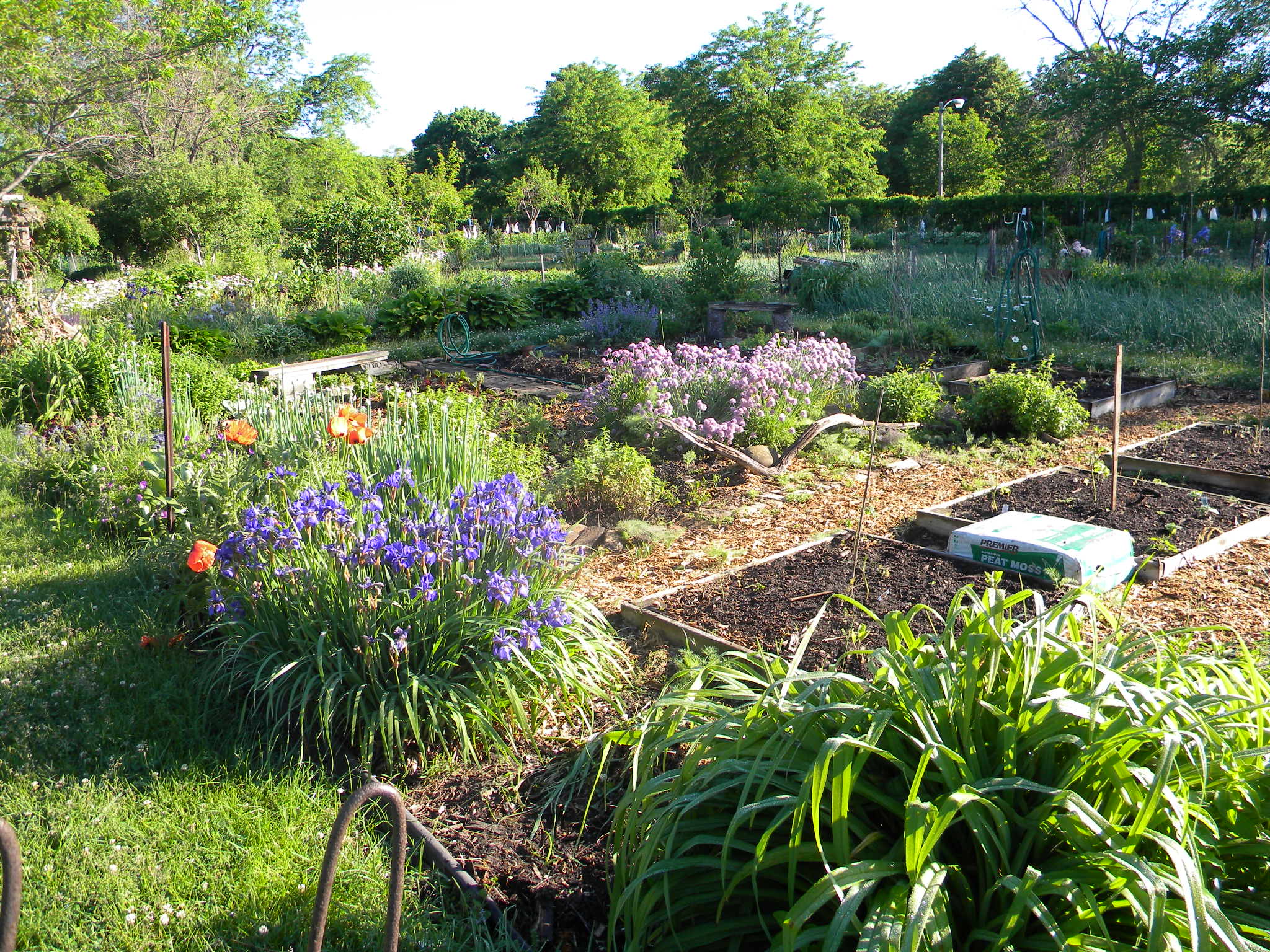Over the past few years, readers have gotten accustomed to me sharing an article that highlights some type of medical information, trend or advice. This month, I decided to switch things up and reveal a little bit about one of my personal interests, gardening, and the healthy benefits it offers.
Spring is one of my favorite seasons because it represents fresh starts and all things new. It is also the time we begin to prepare for outdoor gardening. I get so excited pulling out my equipment and getting the soil ready for a labor of love that will prayerfully lead to a delicious and diverse harvest.
Those who are aware of my love affair with nature often ask me if gardening is difficult and what does it take to be successful. Well, I hardly have enough space in this column to go into full detail about my favorite hobby, but here are a few helpful tips I recommend:

1. Set reasonable expectations. Sometimes we can get a little ambitious, but it is best to select one to three items you would like to grow for the season, especially if you are new to the gardening game. Depending on the type of fruit, vegetable or flower you select, the maintenance, equipment needs, sunlight, water routine and attention will vary.
2. Allow consistent time in your schedule. Gardening is definitely not a random, fly-by-night activity. Plants and produce are like children and require consistent care. Activities like watering, weeding, planting, picking, pruning, etc., should take place on a consistent basis in order to yield the best
results. If you know this is not something you are able to do, then you may need to get a gardening back-up partner to help out, cut back on the size of your garden to something more manageable, or rethink whether this year is the best time to commit to a garden.
3. Exercise patience. Gardening skills grow over time. Sometimes the items we plant don’t grow as rapidly or even to the size we envisioned. On occasion, things may not grow at all. This is quite all right. Note there can be various circumstances that impact your harvest, from the amount of rain, sunlight, insects, rodents, pesticides and other factors. Remember, this is a hobby, which means you will learn things over time and get better with practice.
4. Do some research. Before you start prepping your garden for planting season, it is a good idea to do some research. Whether it’s online or a trip to the library, take
time to read about the pros and cons to the produce, plants or flowers you are looking to grow. Make sure you have the space, proper soil, budget, etc. Being armed with knowledge increases the likelihood of getting a positive return on your planting efforts.
5. Enjoy the process. Without question, I love when it is time to pick my fruits and vegetables, but I also take time to enjoy the journey. In this case, the expression “Stop and smell the roses” is very appropriate. Spend time admiring the beauty of your garden. Smell the different scents and soak in a little sunshine. Taking advantage of nature’s peace can be extremely therapeutic!
Finally, I cannot emphasize enough the healthy benefits of eating freshly grown fruits and vegetables. With the cost of groceries on the rise, planting a few things can possibly save a few dollars. Happy gardening! Your health matters!
Follow Dr. Janet Seabrook on Facebook, Twitter and Linked-In for more information about health and wellness. Be sure to visit http://www.drjanetseabrook.com and sign up to receive regular updates and health information.






